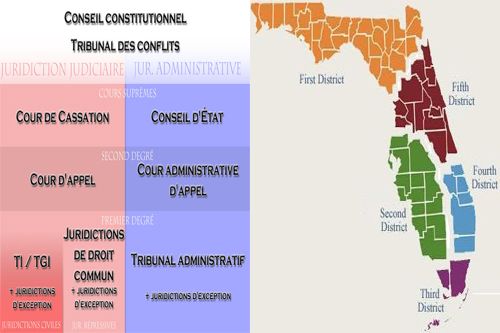A single vowel affects the entire meaning of the words with the almost the same spelling. Just in the case of these English verbs – Wander and Wonder. Their written forms are not difficult to comprehend yet when uttered by some foreigners; these words turn out to be confusing at times especially to those who have slang accents and pronunciations.
When we say wander, it emphasizes the act of roaming around physically to a place without any objective to do so. It might also be an instance of acting cognitively such as when day dreaming or strolling anywhere during sleep. The etymology of this word comes before the 12th century from the Middle English “wandren”, from Old English “wandrian” and “windan”, akin to Middle High German Language “wandern” in which all of this means to wander, wind or twist.
On the other hand, when it comes to wonder, it refers to the act of being curious to something encountered or seen. Usually, someone wonders when there is an extraordinary incident that had happened. This word originated before the 12th century from Middle English and Old English “wundor” akin to Old High German Language “wuntar” which means to wonder.

